House built in 1916–on the other side of this wall is what used to be a “sewing room”, according to my landlord. the house has about eight bedrooms and was definitely tricked tf out for it’s time period. i can enter the sewing room on the other side, and i’ve looked all around on the floor, where i believe the door would open up to..
but can’t find the backside of the tiny door! it’s painted over, and feels very secure- almost locked. this house has a complex laundry chute system but this seems way too small to be a part of it.

this room clearly was built as a bedroom, as there is a bathroom and a closet, neither of which are near this bizarre little architectural feature.
Nestled within the historic Spruce Hill neighborhood of Philadelphia, Pennsylvania, stands a testament to timeless elegance and architectural ingenuity: the Victorian masterpiece crafted by the renowned architect George Hewitt. This majestic residence, steeped in rich history and adorned with intricate details, serves as both a beacon of Victorian charm and a symbol of the neighborhood’s enduring allure.
George Hewitt, a prominent figure in 19th-century American architecture, left an indelible mark on Philadelphia’s landscape with his distinctively designed homes. His keen eye for detail and commitment to craftsmanship are exemplified in this particular gem located in Spruce Hill. Constructed during the height of the Victorian era, this residence stands as a testament to the opulence and sophistication of the time.
From the moment one sets eyes on the exterior façade, it becomes evident that this home is a work of art. Elaborate trimmings, ornate gables, and a meticulously crafted porch invite visitors to step back in time and immerse themselves in the grandeur of the Victorian era. The intricate woodwork, often referred to as “gingerbread,” adorns the exterior, adding a whimsical charm that is quintessentially Victorian.
Upon entering the home, guests are greeted by an interior that seamlessly blends classic elegance with modern comfort. High ceilings, intricate moldings, and stained glass windows evoke a sense of grandeur, while carefully curated furnishings and decor infuse warmth and character into each room. From the ornate parlor to the cozy sitting rooms, every space exudes a unique charm that reflects the owner’s dedication to preserving the home’s historical integrity.
One of the most striking features of this Victorian masterpiece is its attention to detail. From the hand-carved banisters to the intricate tile work, every element has been meticulously crafted to perfection. The spacious rooms are flooded with natural light, creating an inviting atmosphere that is both elegant and welcoming.
Beyond its architectural splendor, this home holds a special place in the heart of the Spruce Hill community. As one of the neighborhood’s most iconic landmarks, it serves as a focal point for residents and visitors alike, inspiring a sense of pride and admiration for the area’s rich heritage.
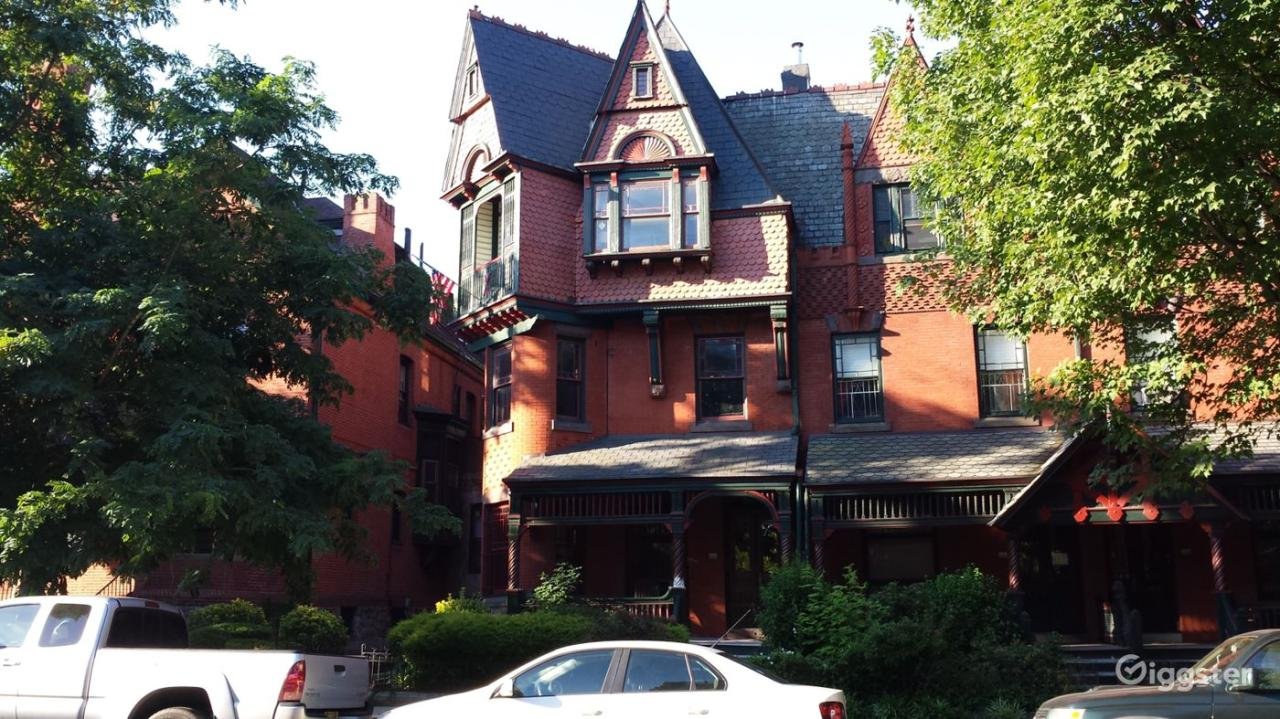
In addition to its aesthetic appeal, the George Hewitt-designed Victorian in Spruce Hill stands as a testament to the enduring legacy of its creator. George Hewitt’s contributions to Philadelphia’s architectural landscape continue to be celebrated and revered, with many of his designs still standing as cherished landmarks throughout the city.
As the sun sets on another day in Spruce Hill, the glow emanating from this Victorian masterpiece serves as a reminder of a bygone era—one defined by elegance, craftsmanship, and a commitment to beauty that transcends time. In a world where change is constant, this architectural gem stands as a beacon of stability, offering a glimpse into the past while serving as a cornerstone for the future of the neighborhood. George Hewitt’s legacy lives on, embodied in every intricate detail of this timeless treasure.
Nestled in the heart of Lafayette, Tippecanoe County, Indiana, stands a beacon of architectural splendor and historical significance—the Judge Cyrus Ball House. Also affectionately known as the Ball Mansion and Carriage House, this magnificent estate is a testament to the enduring charm and grace of the Second Empire style.
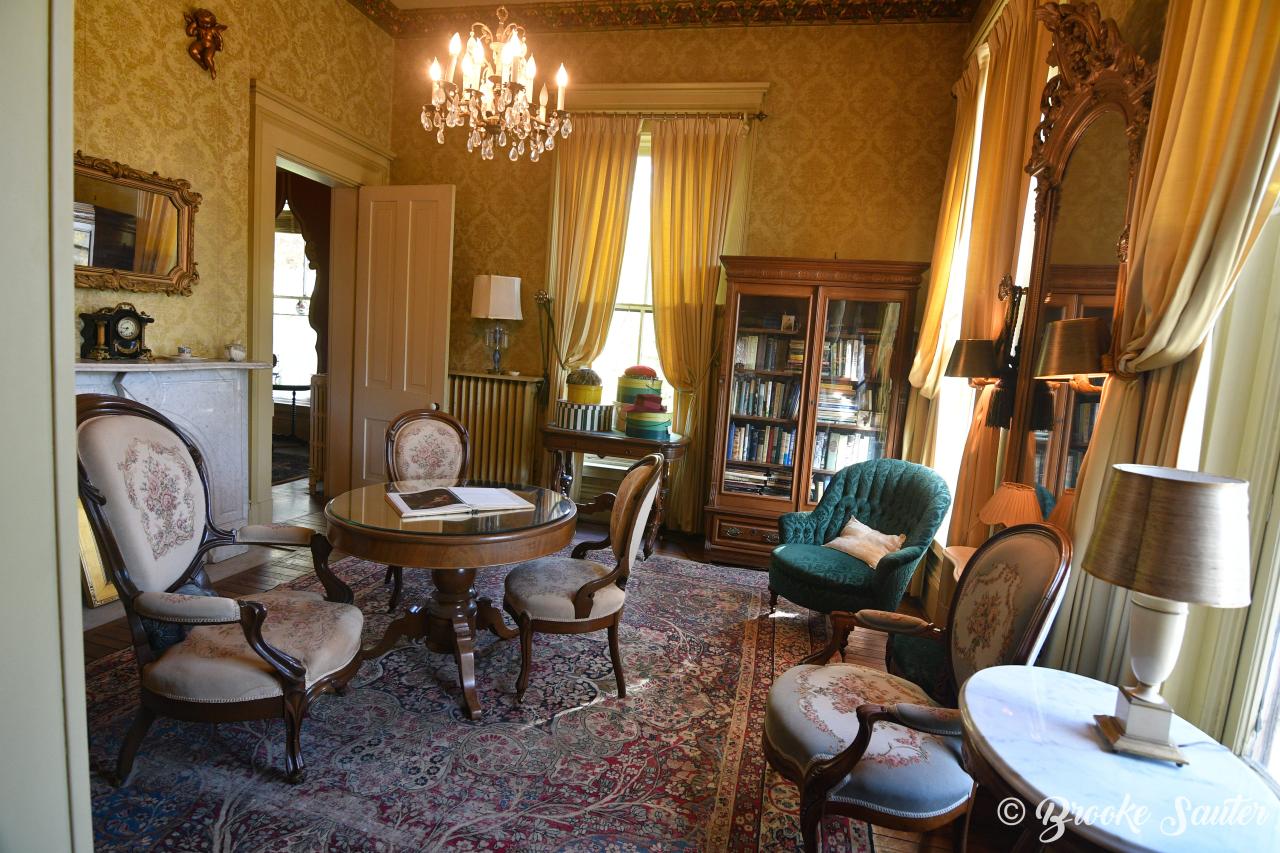
Built in 1868–1869, the Judge Cyrus Ball House is more than just a dwelling; it is a living relic of a bygone era. As one steps through its grand entrance, they are transported back in time to an era of opulence and refinement. The two-story brick façade, adorned with intricate wood and stone detailing, stands as a testament to the craftsmanship and artistry of its creators.
One cannot help but be captivated by the imposing three-story mansard roofed entrance tower, which serves as a majestic focal point of the estate. Rising proudly against the Indiana skyline, it exudes an air of regal sophistication, inviting visitors to explore the wonders that lie within.
The Judge Cyrus Ball House sits atop a sturdy limestone foundation, symbolizing the enduring strength and resilience of its legacy. Its slate roof, weathered by the passage of time, whispers tales of generations past, while standing as a testament to the enduring spirit of the home.
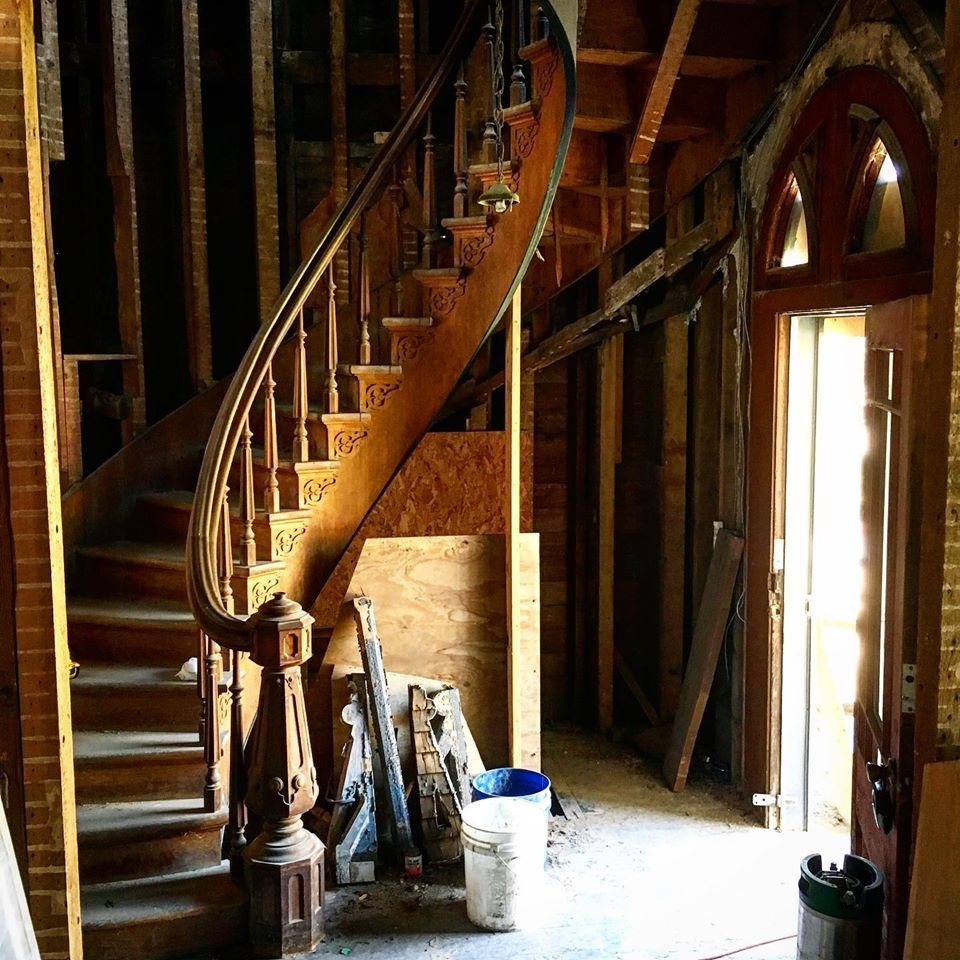
As one wanders through the property, they are greeted by the charming two-story carriage house, a contributing structure that adds to the estate’s allure and character. Standing in quiet reverence beside the main dwelling, it serves as a reminder of the days when horse-drawn carriages graced its halls, transporting guests to and from their destinations in style.
But perhaps the true beauty of the Judge Cyrus Ball House lies not only in its architectural grandeur, but in the stories it holds within its walls. From its days as the residence of Judge Cyrus Ball to its role as a cherished landmark in the Lafayette community, this historic home bears witness to the rich tapestry of history woven into the fabric of Indiana.
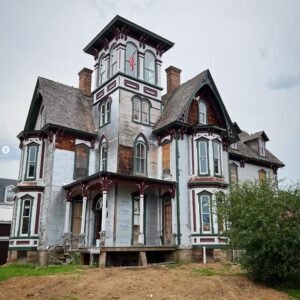
In conclusion, the Judge Cyrus Ball House is more than just a house; it is a living testament to the enduring legacy of Tippecanoe County, Indiana. From its majestic architecture to its storied past, this historic estate continues to captivate the imagination and inspire awe in all who have the privilege of experiencing its timeless elegance.
Nestled amidst the serene landscapes the Old Hickory – F. W. Knox Villa stands as a beacon of elegance and historical significance. With its rich heritage, this architectural masterpiece captivates visitors with its timeless charm and refined craftsmanship. Originally conceived as the private residence, the Old Hickory Villa exudes an air of grandeur and sophistication from the moment one sets eyes upon its majestic facade.
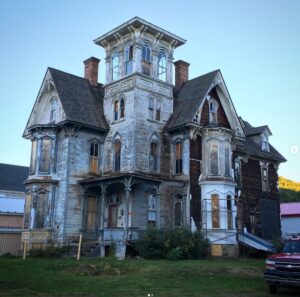
Designed with meticulous attention to detail by renowned architects of the era, every aspect of this stately home speaks volumes about the opulent lifestyle of its original inhabitants. As one steps through the ornate entranceway, they are transported back in time to an era of unparalleled luxury and refinement.
From the grand foyer adorned with intricate woodwork to the expansive living spaces adorned with lavish furnishings, each room tells a story of wealth and privilege, offering a glimpse into the lives of those who once called this estate home.





